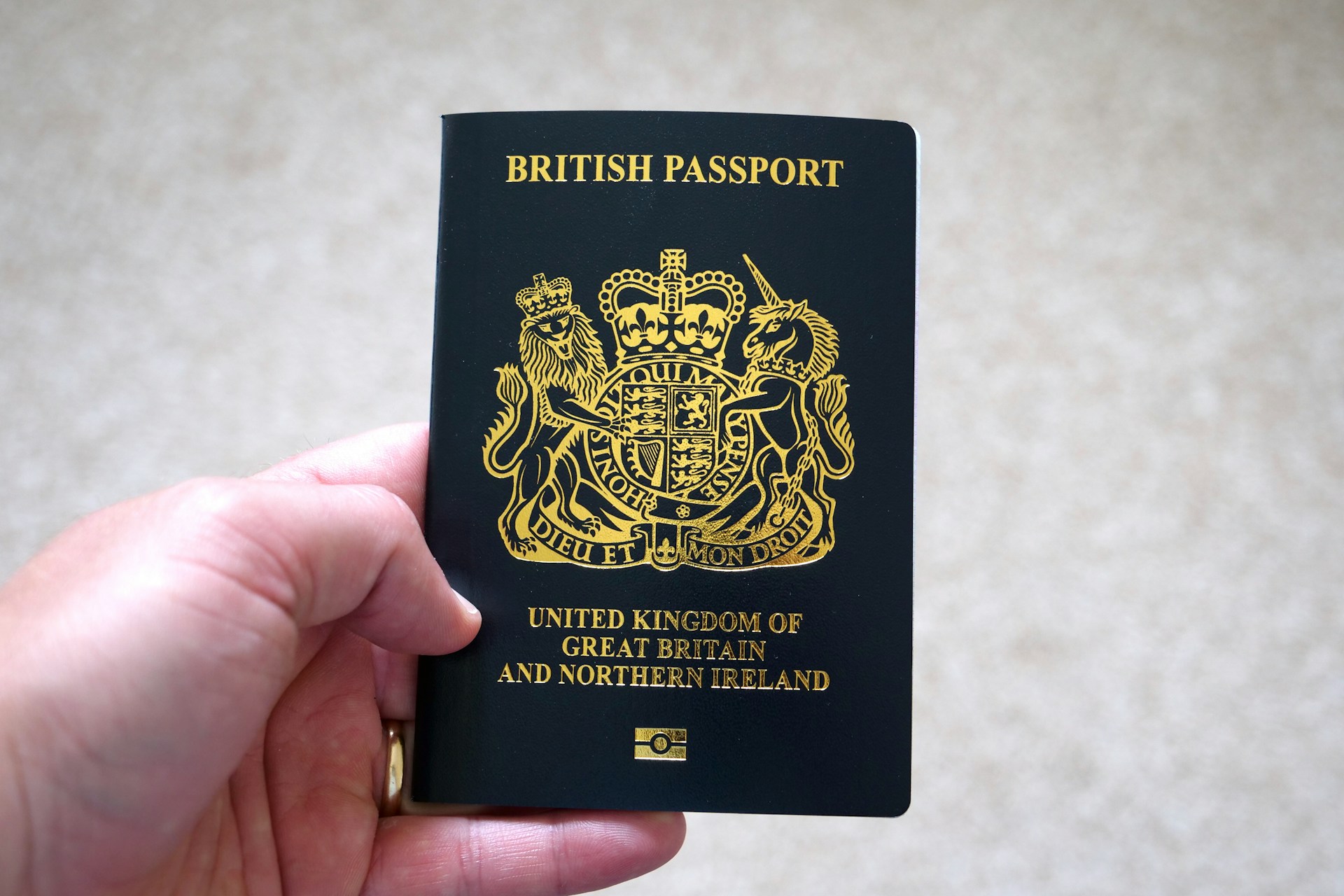If you are a UK citizen planning a trip to Europe, it is essential to know what documents you need before travelling. This blog will explain everything you need to know about passports and other travel requirements for visiting Europe.

Yes, if you are a UK citizen, you need a valid passport to travel to Europe. Before Brexit, UK citizens could travel to European countries with just a national ID card. However, since the UK left the European Union (EU), a passport is now required for entry into EU and Schengen Zone countries.
The passport serves as the primary form of identification for entry and exit at border controls. Make sure to check your passport well in advance of your trip to make sure it meets the necessary requirements, including validity and expiration date, as border authorities will not allow entry with an expired or invalid passport.
If you arrive at a European border without a valid passport, you will be denied entry and may have to return to the UK immediately, which can lead to additional costs and unnecessary stress.
To travel to most European countries, your passport must meet the following conditions;
If your passport does not meet these requirements, you may be denied boarding by your airline or refused entry upon arrival. Renewing your passport early is advisable, as processing times can vary, especially during peak travel seasons.
For short trips, UK citizens do not need a visa to enter most European countries. You can stay in Schengen Zone countries for up to 90 days within a 180-day period without a visa. This rule applies whether you are travelling for tourism, visiting family, or attending short business meetings or events.
However, starting 2025, the EU plans to introduce ETIAS (European Travel Information and Authorisation System), which will require UK travellers to apply for an online travel authorisation before visiting. ETIAS is not a visa but a pre-travel screening process, similar to the US ESTA system. It will require a small fee and approval before departure, adding an extra step to travel planning.
If you plan to stay for more than 90 days, work, or study in Europe, you may need a visa. The type of visa required depends on the country you plan to visit and the purpose of your stay.
If you are a UK citizen, you need a valid passport to travel to Europe. Your passport must be valid for at least three months beyond your stay and be less than ten years old. While a visa is not needed for short visits, the new ETIAS system will come into effect sometime in 2025, so it is important to stay updated on travel rules. Always check the latest requirements before travelling to avoid any issues at the border.


If you want the latest information on the best Hotel Executive Club Lounges, Hotel Kids Clubs and other travel information, be sure to sign up for our free newsletter full of tips and great travel ideas.